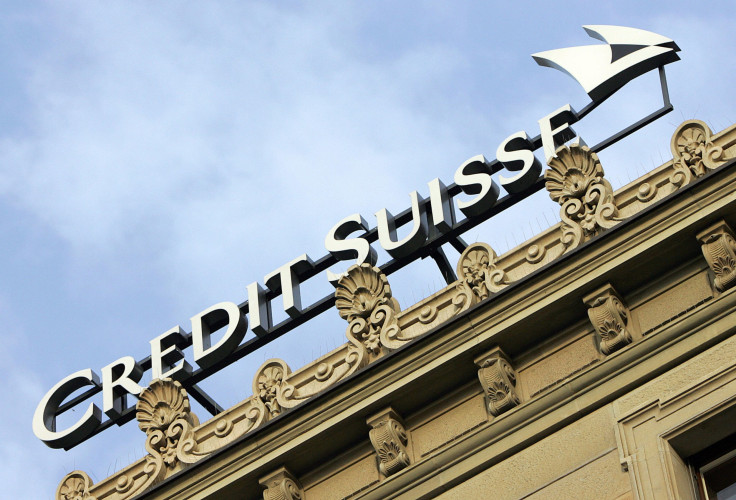Panama Papers: Major Global Banks Created Thousands Of Shell Corporations

Credit Suisse, HSBC and UBS are just three of the major global banks named in an enormous leak of more than 11 million documents from law firm Mossack Fonseca that allegedly show how the Panamanian company helped its clients launder money, evade tax and bypass international sanctions.
In all, some 500 banks and their subsidiaries requested more than 15,000 shell companies through the law firm, which has been investigated by authorities in Germany and Brazil for suspicions of money laundering and tax fraud. Though shell companies have legitimate uses, world leaders have increasingly emphasized how offshore legal entities of the sort created by the banks enable illicit money flows.
The leaks, given to the Munich newspaper Süddeutsche Zeitung by an anonymous whistleblower and analyzed by an international consortium of more than 100 news organizations, reveal a shadow network of financial dealings at the margins of the global tax system, connecting individuals across 200 countries to known tax havens in the British Virgin Islands, the Seychelles and elsewhere.
National leaders such as Argentina's President Mauricio Macri — or their family members and friends, such as close associates of Russia's President Vladimir Putin — are among those listed in the so-called Panama Papers, and have vigorously denied any wrongdoing.
Some of the banks most active in requesting shell companies for clients have grappled with U.S. investigations into money laundering and other allegations, particularly those stemming from revelations over the scope of tax evasion facilitated by Swiss banks. In 2009, UBS admitted to helping U.S. clients avoid taxes and paid $780 million to settle the charges. The leaked data, which spans 1977 through the end of 2015, show that UBS helped set up more than 1,100 offshore companies through Mossack Fonseca.
British banking giant HSBC and its subsidiaries created more than 2,300 paper companies. The bank paid the U.S. government more than $1.2 billion in 2012 to settle charges that it had failed to protect against money laundering and terror financing in its global network. In the years since the settlement, HSBC has reportedly struggled to reform its compliance systems and due diligence operations.
A spokesman for HSBC told the British paper Metro: “The allegations are historical, in some cases dating back 20 years, predating our significant, well-publicized reforms implemented over the last few years.” A UBS representative told the Swiss news agency swissinfo.ch: “We are not interested in funds that are untaxed or from dishonest activities.”
Other banks that appear on the list of Mossack Fonseca clients include Queen Elizabeth's bank, Coutts & Co., and the Luxembourg banks Experta Corporate and Banque J. Safra Sarasin–Luxembourg.
© Copyright IBTimes 2025. All rights reserved.






















